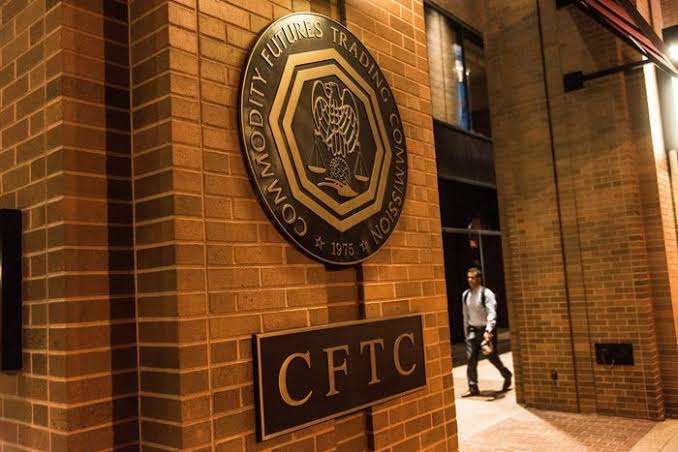The Commodity Futures Trading Commission (CFTC) of the United States of America awarded Bitnomial, a digital asset derivatives market, a clearinghouse license on December 13th. Licenses to trade derivatives and to engage in brokerage (also known as futures commission merchants, or FCM) were already in the possession of Bitnomial.
As a result, Bitnomial has evolved into a vertically integrated and controlled market structure. After several delays, the Commodity Futures Trading Commission (CFTC) ultimately accepted Bitnomial’s application in April 2022 with a vote of four to one.
Cryptocurrency companies that are not regulated often face contention due to the practice of vertical integration. In his comment on Bitnomial’s registration, which was released on December 18th, the Chair of the Commodity Futures Trading Commission, Rostin Behnam, addressed concerns about vertical integration.
“Vertically integrated DCOs [derivatives clearing organizations] are not novel structures for the Commission, nor are they in any way designed specifically for a certain asset class. […] Like other registered DCOs, Bitnomial uses a traditional intermediated clearing model that will involve multiple clearing members currently active on the Exchange as FCMs.”
He proceeded by saying, “At the present time, the Commission does not have a requirement for addressing affiliate conflicts in its regulations.” Christie Goldsmith Romero, a member of the Commission, expressed her disagreement with Behnam and referred to the Bitnomial registration as a precedent.
“The CFTC needed to analyze the risks of vertically integrated market structures, particularly in digital assets, as features of those markets could amplify risk.”
Christie Goldsmith Romero, a member of the Commission, expressed her disagreement with Behnam and referred to the Bitnomial registration as a precedent. She then stated, “We should learn from our consideration of FTX’s application, which also aimed to change the traditional market structure,” and went on to explain that she concurred with Behnam.
Former FTX CEO Sam Bankman-Fried was a big proponent of vertical integration in the derivatives market. He lobbied for it with his full support. In order to clear margined items without the assistance of a licensed broker, FTX US applied.
Despite the fact that Goldsmith Romero was the only person at the CFTC who disagreed with the decision to grant Bitnomial a DCO license, she was not the only person who was considering the concerns that she brought up.
Additionally, on December 18th, the Divisions of Clearing and Risk, Market Oversight, and Market Participants of the Commodity Futures Trading Commission (CFTC) issued a staff advisory on affiliations between designated contract markets, DCOs and/or swap execution facilities and intermediaries such as FCMs and other market participants.
The advisory served to remind these entities of their obligations to comply with regulations. Commissioner Kristin Johnson advocated for creating a rulemaking process on vertical integration to develop a “holistic approach” to potentially caused conflicts of interest.
In her conversation, she talked about Bitnomail, an application that she endorsed, as well as FTX. Over the course of a lengthy separate statement on DCOs, she continued to pursue the issue further.
Founder and Chief Executive Officer of Bitnomial, Luke Hoersten, issued a statement on December 13 in which he stressed the significance of the complete set of licenses:
“Our incremental improvements to the platform and operations have been in anticipation of obtaining these additional licenses. […] Now that the licensing process is complete, we can shift our focus to expanding Bitnomial’s product offering and customer base.”












